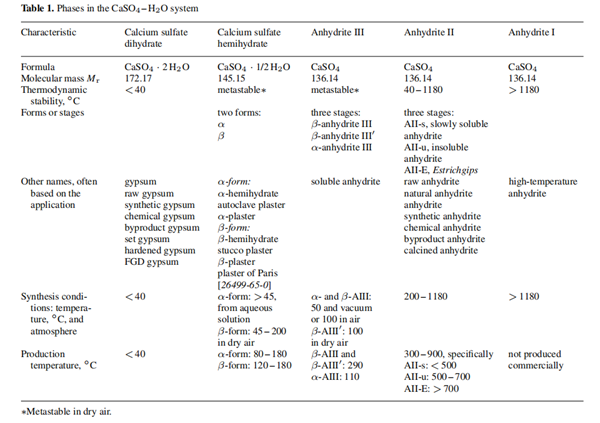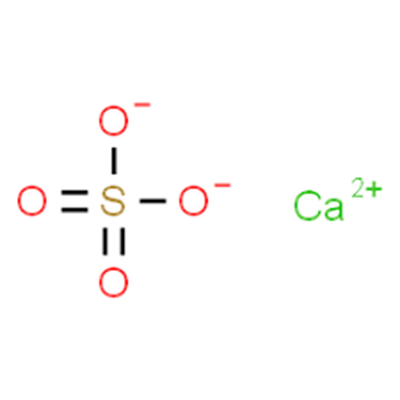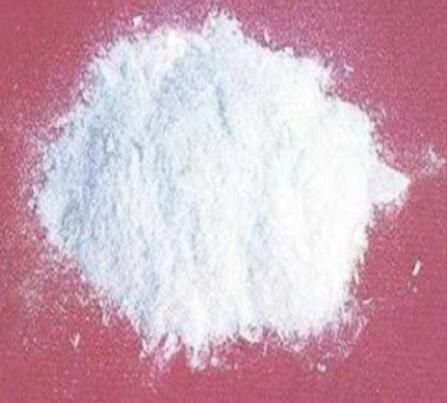Application of calcium sulfate
Calcium sulfate (CaSO4), also known as alabaster, gypsum, and plaster of paris, can be obtained by mining natural reservoirs or by chemical synthesis. Naturally occurring calcium sulfate has GRAS status and is most commonly used as a dough conditioner, tofu firming agent, nutrient supplement, pH control agent, or stabilizer/thickener.
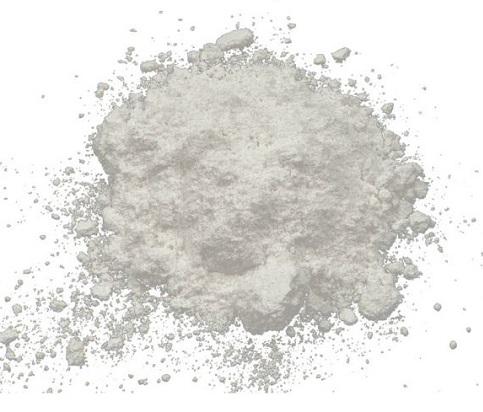
Application
When acidified with a GRAS acid, calcium sulfate (ACS) has exhibited antimicrobial activity against gram-positive and -negative bacteria, and molds. The antilisterial properties of ACS in RTE meat products have been investigated, and in addition to the destruction of existing contamination, ACS may provide residual inhibitory effects against survivors or during future recontamination events.
Aqueous solutions containing ACS and other antimicrobial compounds (sodium phosphate, lactic acid, propionic acid) may be added to various RTE meat products and raw comminuted beef, or to raw whole muscle beef cuts, cooked beef products, and to cooked poultry carcasses/parts.
In 2003, Safe2O RTE O3, a proprietary blend of ACS (acidified with lactic acid, and propionic acid), was developed by Mionix Corporation (Rocklin, CA) as an antimicrobial food additive for the inhibition of L. monocytogenes in RTE meat products (Mionix, n.d.).
Luchansky et al.examined the ability of ACS (acidified with lactic acid; 1:1 or 1:2) to control L. monocytogenes on table brown ham (7 log CFU/ham) during storage, when added to shrink-wrap bags just before being sealed. Reductions (1.2–3.1 CFU/ ham, respectively) after 24 h (4°C) were concentration dependent, although both concentrations were sufficient to inhibit survivors for 40 days at 4°C.
Related research
In another study, frankfurters (formulated with or without 2.0% potassium lactate) were surface inoculated with L. monocytogenes (8 log CFU/ml), then dipped in ACS (acidified with lactic and propionic acid in 1:2 aqueous solution), 3.0% lactic acid, or 2.0% potassium lactate solution for 30 s. Listeria monocytogenes and aerobic plate counts were at or just above the detection limit throughout storage (4.5°C, 84 days) on frankfurters, with and without potassium lactate, then dipped in ACS or lactic acid. Escherichia coli O157:H7 in fresh ground beef was increasingly sensitive to heat following the addition of ACS and lactic acid (0.4% and 0.2% of final product), although the degree of increased heat-sensitivity was most likely of little biological significance.
You may like
Related articles And Qustion
See also
Lastest Price from calcium sulfate manufacturers
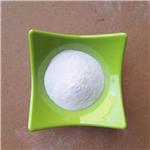
US $0.00-0.00/KG2025-04-15
- CAS:
- 99400-01-8
- Min. Order:
- 1KG
- Purity:
- 99%
- Supply Ability:
- 500000kg

